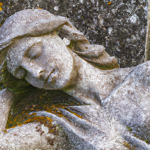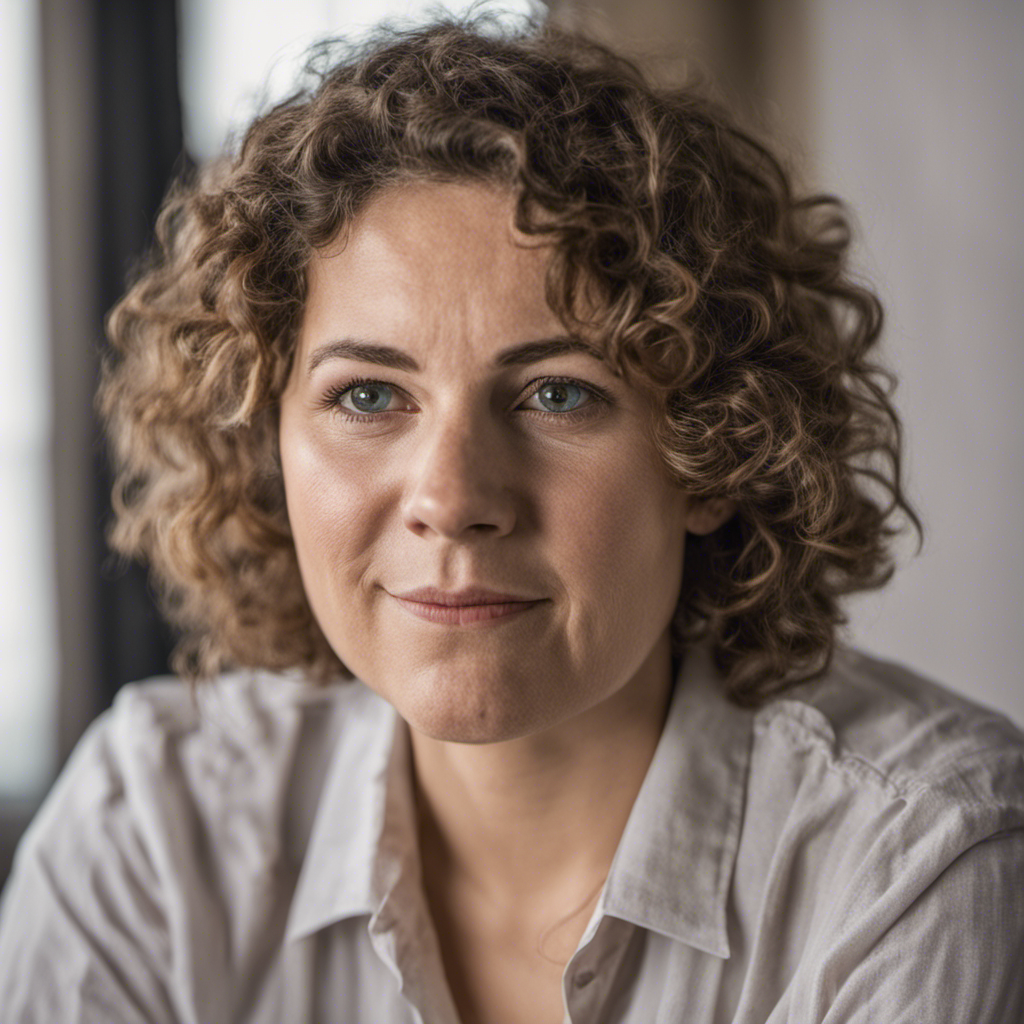the power of memories.
Memorials Versus: The Power of Memories
In our journey through life, we encounter countless moments that shape us into who we are. Some of these moments are filled with joy and laughter, while others are marked by pain and sorrow. It is within these moments that memories are etched into the fabric of our being, forever embedded in our hearts and minds. Memorials, on the other hand, are physical manifestations of those memories, serving as a reminder of the past and honoring those who have come before us. But are memorials truly necessary, or do memories hold enough power on their own?
The Purpose of Memorials
Memorials have been a part of human history for centuries, serving various purposes across different cultures and societies. From grand statues and monuments to humble gravestones, they provide a physical space for remembrance and commemoration. Memorials can also act as a focal point for collective grief, allowing communities to come together and honor the lives lost. These physical structures often hold deep sentimental value, providing a sense of closure and comfort to those left behind.
The Power of Memories
Memories, on the other hand, are intangible and personal. They are the threads that weave together the tapestry of our lives, connecting us to our past and shaping our future. Memories have the power to transport us back in time, allowing us to relive cherished moments or learn from past mistakes. They hold the essence of our loved ones, even after they have departed from this world. Memories are not confined to physical spaces; they reside within us, waiting to be revisited and cherished.
The Role of Memorials in Preserving Memories
While memories are undoubtedly powerful on their own, memorials play a vital role in preserving and honoring those memories. They provide a physical space for reflection and remembrance, allowing individuals to pay their respects and connect with their personal histories. Memorials can serve as a place of solace and healing, offering a tangible connection to the past. They can also act as a catalyst for conversations and storytelling, ensuring that the memories of those who have passed are kept alive for future generations.
Personal Experiences: The Intersection of Memories and Memorials
Personally, I have experienced the intertwining of memories and memorials in profound ways. One such experience was visiting a memorial garden dedicated to fallen soldiers. As I walked through the garden, reading the names etched in stone, I felt a deep sense of gratitude and reverence. The memorial served as a tangible reminder of the sacrifices made by these brave individuals, allowing me to connect with their stories on a deeper level. The memories I held of their heroism were amplified by the presence of the memorial, creating a profound and lasting impact.
The Importance of Balance
In the debate between memorials and memories, it is crucial to recognize the importance of balance. Memorials should not overshadow or replace the power of personal memories. Instead, they should complement and enhance our connection to the past. Memorials can provide a physical anchor for memories, but it is the memories themselves that hold the true power. It is through these memories that we keep the flame of remembrance alive, ensuring that the stories of our loved ones continue to resonate through time.
To summarize the key points:
1. Memorials serve as physical spaces for remembrance and commemoration.
2. Memories hold the power to transport us back in time and connect us to our past.
3. Memorials play a vital role in preserving and honoring memories.
4. Personal experiences often show the profound intersection of memories and memorials.
5. It is crucial to strike a balance between memorials and memories, recognizing the importance of personal connections.
In conclusion, memorials and memories are intertwined in the tapestry of our lives. While memorials provide a physical space for remembrance, it is the power of memories that truly hold the essence of our loved ones. Memorials should serve as a complement to memories, preserving and honoring the past while allowing personal connections to thrive. Let us cherish our memories, for they are the true testament to the power of the human spirit.













